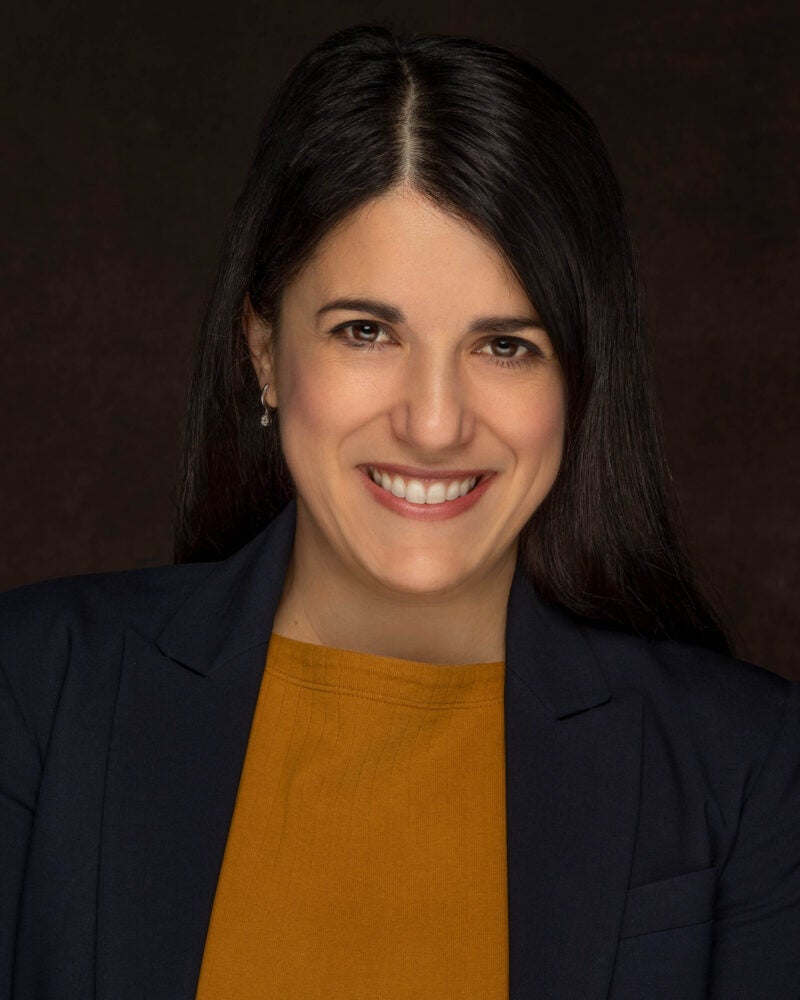Students will participate in an externship with the Roderick & Solange MacArthur Justice Center (“MJC”) in Washington, D.C., working on appeals before federal circuit courts and/or the U.S. Supreme Court that raise important issues related to civil rights and the criminal justice system. Students will work full-time for the clinic over winter term while also taking the required winter clinical seminar, and then continue their clinical work in the spring term for 2 or 3 clinical credits.
MJC is one of the nation’s premier civil rights organizations and champions criminal justice reform through litigation, in areas that include police misconduct, rights of the accused, issues facing indigent prisoners, the death penalty, and the rights of detainees. The organization’s Washington, D.C. office focuses specifically on appellate litigation as a vehicle for achieving change in these areas. Examples of issues raised in MJC appeals include:
- Unsettled questions of criminal procedure under the Fourth, Fifth, and Sixth Amendments (search & seizure, privilege against self-incrimination, right to a jury, right to counsel);
- Issues facing indigent prisoners, including the constitutional rights of prisoners to be free from cruel and unusual treatment by prison officials and access to courts;
- Constitutional challenges to the use of solitary confinement in the prison system;
- Fundamental trial rights under the Due Process Clause, including issues unique to capital trials;
- Challenges to certain discriminatory executive actions outside of the criminal justice system, including discriminatory practices of Immigrations and Custom Enforcement and discrimination against Muslim travelers at the border.
Students will learn the ins-and-outs of litigating appeals in the field criminal justice, including general appellate strategy and skills, and emerging issues in the criminal justice system. Under the supervision of the director of MJC’s D.C. Office, students will have the opportunity to make a substantial contribution to the office’s ongoing appellate cases, including performing research and draft legal analysis for briefs that will be filed in federal court. Depending on the particular matters students work on, this may also include participation in client interaction and strategic decision-making, analysis of factual records, and participation in moot oral arguments (depending upon the stage of their assigned appeals).
How to Apply
The Criminal Justice Appellate Clinic is offered in the Winter-Spring semester. Please visit the course catalog for more information about the application process. You can learn about the required clinical course component, clinical credits, additional requirements, and the clinical registration process, by reading the course catalog description and exploring the links in this section.
Application Deadline: October 3, 2025
Meet the Instructors

Devi Rao
Lecturer on Law
Devi M. Rao directs the law school’s Criminal Justice Appellate Clinic and Seminar and is the Director of the Washington, D.C. office and Deputy Director of the Supreme Court and Appellate Program at the MacArthur Justice Center. Ms. Rao briefs and argues important civil rights and criminal justice issues in federal appeals courts across the country, and in the U.S Supreme Court, including qualified immunity, excessive force, municipal liability issues, habeas, access to the courts, and federal sentencing issues.